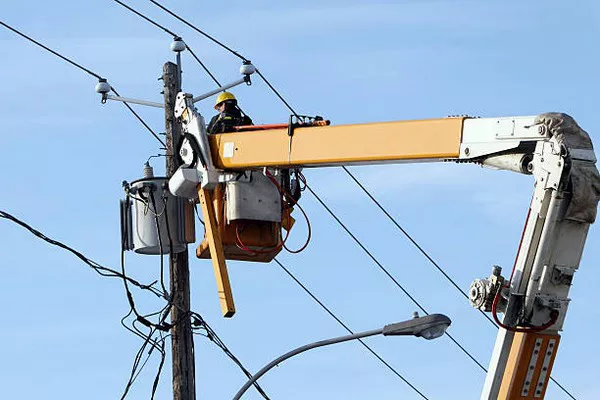In the realm of electrical engineering, the process of converting alternating current (AC) to direct current (DC) is a fundamental aspect of power electronics. While traditional methods involve the use of rectifiers and converters, the advent of advanced technologies has led to exploration of innovative approaches, including the application of transformers. This article aims to delve into the question of whether a transformer can effectively convert AC to DC, exploring the underlying principles and potential applications of this transformative idea.
Basic Principles of AC and DC:
Before delving into the possibility of using transformers for AC to DC conversion, it is essential to understand the basic principles of both types of electrical currents. AC, or alternating current, is characterized by periodic changes in the direction of the flow of electric charge. This constant oscillation allows for the efficient transmission of electricity over long distances. On the other hand, DC, or direct current, maintains a consistent flow of electric charge in a single direction, making it suitable for various electronic devices.
Conventional Methods of AC to DC Conversion:
Traditionally, rectifiers and converters have been the go-to devices for transforming AC to DC. Rectifiers, such as diode rectifiers, convert AC to pulsating DC by allowing current flow in only one direction. Subsequent filtering is then employed to smooth out the pulsations, resulting in a relatively steady DC output. Converters, like the widely used bridge rectifiers, further refine the DC output, enhancing its stability and usability in electronic circuits.
The Role of Transformers in Power Electronics:
Transformers have long been associated with voltage transformation in power distribution systems. Their ability to step up or step down voltage levels has been crucial in optimizing power transmission and distribution. However, transformers are inherently AC devices, operating on the principles of electromagnetic induction. This raises the question: can transformers play a direct role in the conversion of AC to DC?
Transformer Operation and AC Nature:
To understand the viability of transformers in AC to DC conversion, it is essential to revisit the basic operation of transformers. Transformers rely on the induction of electromotive force (EMF) in a coil due to the changing magnetic field produced by another coil. This process is inherently linked to the alternating nature of the input current. As such, transformers are designed to work seamlessly with AC, making them seemingly unsuitable for DC conversion.
Challenges in AC to DC Conversion using Transformers:
The primary hurdle in utilizing transformers for AC to DC conversion lies in the inherent property of transformers to respond to changing magnetic fields, which is a characteristic feature of AC. DC, with its unidirectional flow of current, does not induce the same changing magnetic fields that transformers rely on for their operation. Consequently, the traditional application of transformers in converting AC to DC appears counterintuitive.
Innovative Approaches to AC to DC Conversion:
While the conventional use of transformers for AC to DC conversion seems impractical, recent research and technological advancements have explored innovative approaches to leverage transformers in this process. One such approach involves the integration of electronic components, such as rectifiers, within the transformer circuit. This combination allows for the rectification of AC within the transformer itself, resulting in a transformed DC output.
Benefits of Transformer-Based AC to DC Conversion:
Integrating transformers into the AC to DC conversion process presents certain advantages. The compact nature of transformer-based systems can lead to reduced size and weight, making them suitable for applications with space constraints. Additionally, the possibility of achieving higher efficiency and reduced losses through advanced transformer design and control mechanisms adds to the appeal of this innovative approach.
Applications and Limitations:
While the concept of using transformers for AC to DC conversion holds promise, it is essential to acknowledge the limitations and identify specific applications where this approach may find practical utility. Potential applications could include portable electronic devices, where size and weight constraints are critical, and efficiency gains could lead to extended battery life. However, for high-power applications, the traditional methods of rectification and conversion may still be more practical and efficient.
See Also Why KVA Rating Is Used In Transformer
Conclusion:
In conclusion, the idea of using transformers for AC to DC conversion challenges the conventional norms of power electronics. While transformers are inherently AC devices, innovative approaches that integrate rectifiers and advanced control mechanisms show promise in extending their applicability to DC conversion. As technology continues to evolve, further research and development may unlock new possibilities for transformers in the field of power electronics, potentially reshaping the way we approach AC to DC conversion in the future.

